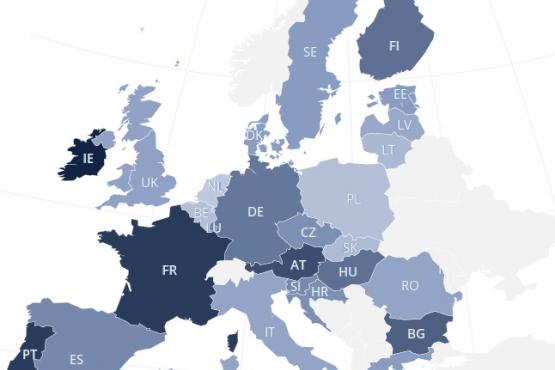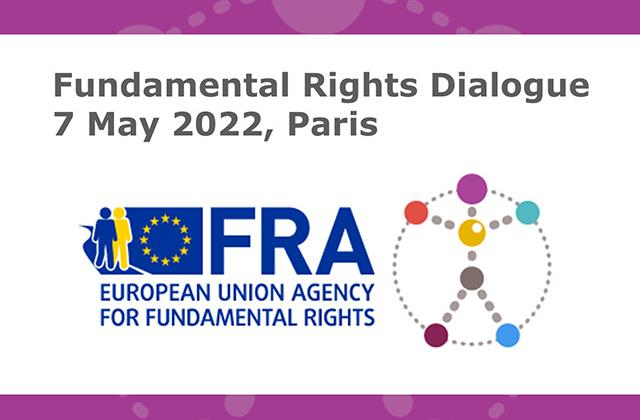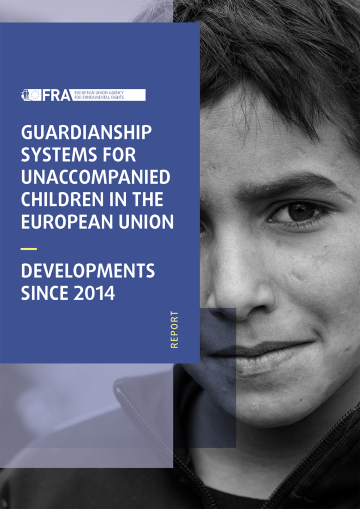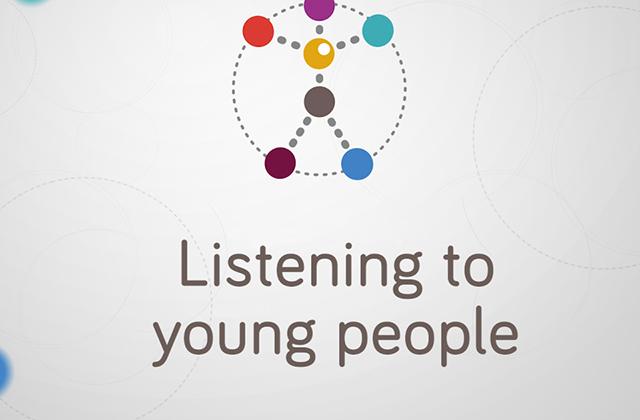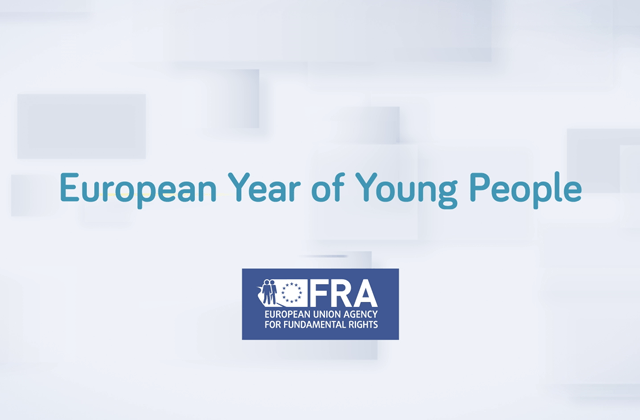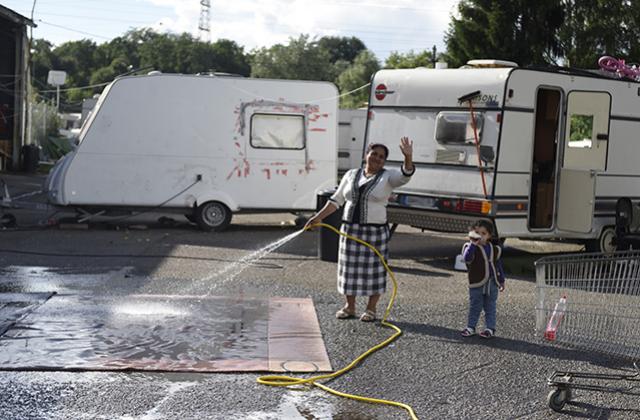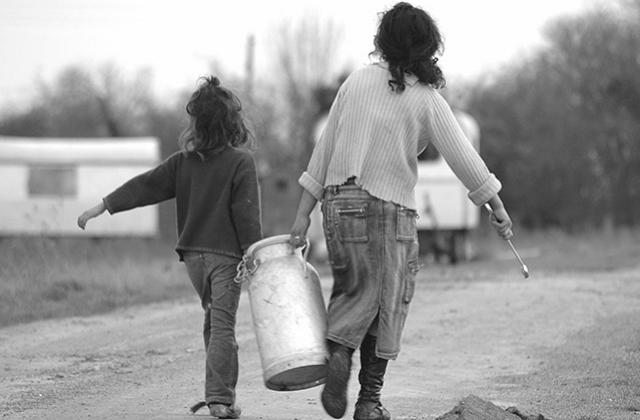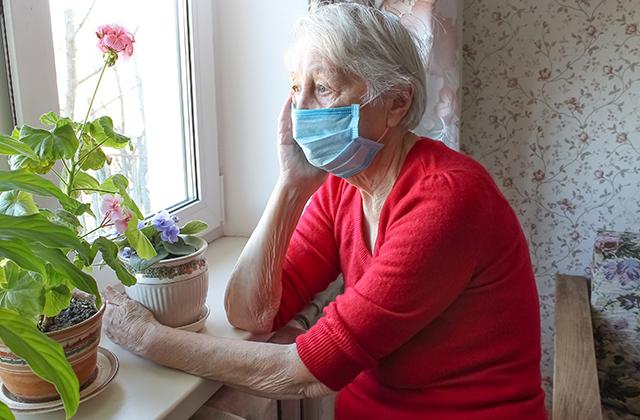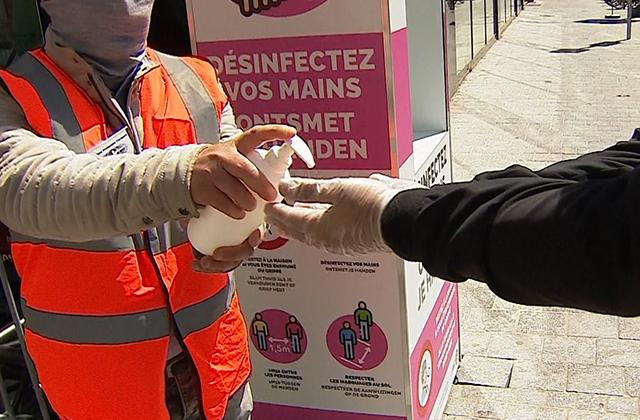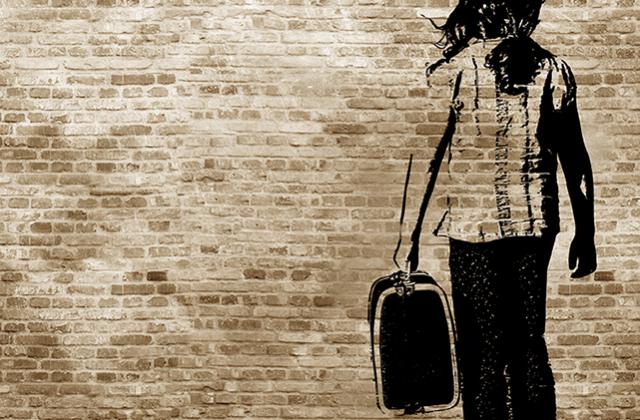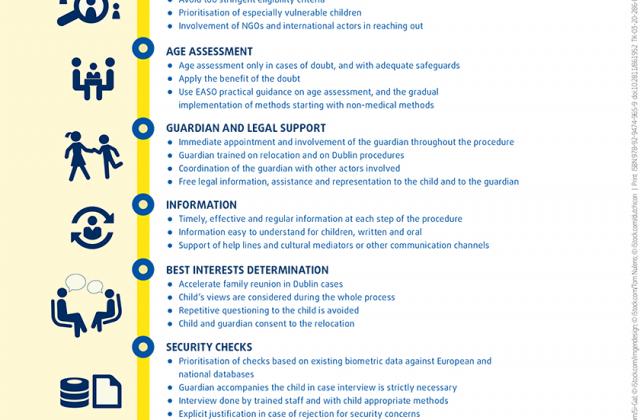Kinder, Jugendliche und ältere Menschen
Highlights
- Report / Paper / Summary13September2023Europe’s ageing population is ever-increasing, and our societies are becoming more digitalised. Many public services are now available online, with many more services in the process of being digitalised. But the digitalisation of public services poses a risk of exclusion for older persons. In this new report, FRA explores the impact of digitalisation on the fundamental rights of older persons. The report maps the current legislation, policies and practices fostering digital inclusion. It provides an overview of the laws at the national level that provide for equal access to public services, both online and offline. The findings show how Member States safeguard older person’s rights to access services undergoing digitalisation. It outlines how Member States can support digital skills and ensure older people can fully participate in public life.
- Handbook / Guide / Manual7April2022Kinder sind eigenständige Inhaberinnen und Inhaber von Menschenrechten. Sie genießen sämtliche Menschen- und Grundrechte, und aufgrund ihrer spezifischen Merkmale gelten für sie auch besondere Bestimmungen. Dieses Handbuch soll veranschaulichen, inwiefern die spezifischen Interessen und Bedürfnisse von Kindern im Europarecht und in der europäischen Rechtsprechung berücksichtigt werden. Es verdeutlicht zudem die wichtige Rolle von Eltern, Vormunden und sonstigen gesetzlichen Vertreterinnen und Vertretern und verweist gegebenenfalls auf Situationen, in denen die Rechte und Pflichten überwiegend den Betreuerinnen und Betreuern von Kindern zugewiesen werden. Dieses Handbuch soll zu einem stärkeren Bewusstsein für die Rechtsnormen zum Schutz und zur Förderung der Kinderrechte in Europa beitragen und die Kenntnisse darüber verbessern. Es dient als Referenzwerk sowohl für das Recht der Europäischen Union (EU) als auch für die Abkommen des Europarates in diesen Bereichen und enthält jeweils Erläuterungen zur Regelung der einzelnen Aspekte im EU-Recht, einschließlich der Charta der Grundrechte der Europäischen Union, sowie der Europäischen Menschenrechtskonvention (EMRK), der Europäischen Sozialcharta (ESC) und sonstiger Instrumente des Europarates.
- Leaflet / Flyer20November2019Die Rechte des Kindes stehen an oberster Stelle. Maßnahmen für den Schutz und die
Teilhabe von Kindern gelten für ALLE Kinder in der EU. - Report / Paper / Summary25April2018The right to access justice and all other relevant procedural rights are not just rights in themselves; they also protect against violations of every other right. Respect for children’s rights in the area of justice is therefore essential. International treaties, the Charter of Fundamental Rights of the European Union, European Union (EU) secondary law, and national legislation provide a number of relevant rights.




